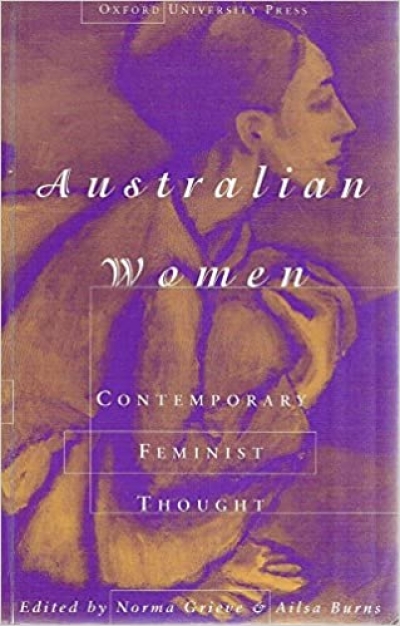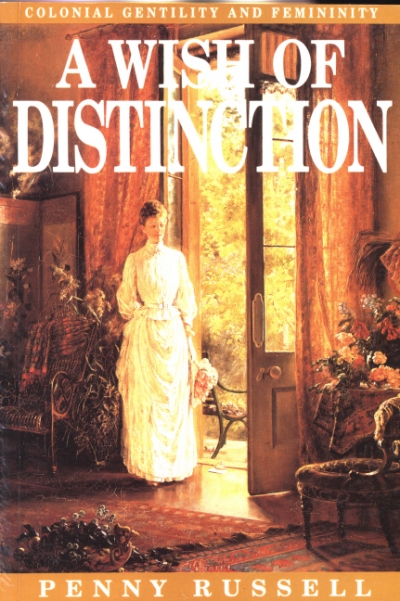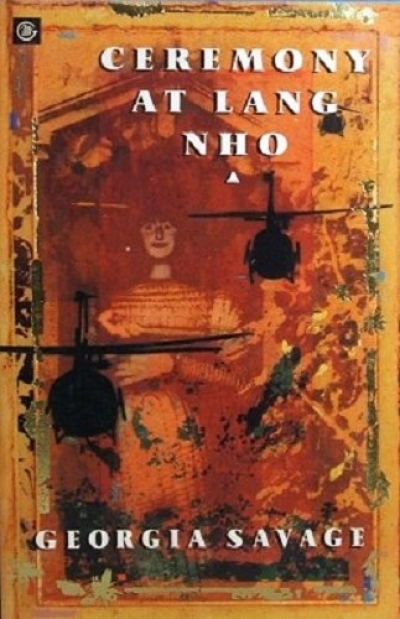Archive
Film | Theatre | Art | Opera | Music | Television | Festivals
Welcome to ABR Arts, home to some of Australia's best arts journalism. We review film, theatre, opera, music, television, art exhibitions – and more. To read ABR Arts articles in full, subscribe to ABR or take out an ABR Arts subscription. Both packages give full access to our arts reviews the moment they are published online and to our extensive arts archive.
Meanwhile, the ABR Arts e-newsletter, published every second Tuesday, will keep you up-to-date as to our recent arts reviews.
Recent reviews
Natural Born Killers by Oliver Stone, David Veloz, Richard Rutowski (screenplay); story by Quentin Tarantino
An Officer of the Blue: Marc-Joseph Marion Dufresne: South Sea Explorer, 1724–1772 by Edward Duyker
‘Years ago we threw the old didacticism (dowdy morality) out of the window; it has come back in at the door wearing modern dress (smart values) and we do not even recognise it.’ John Rowe Townsend’s words, from more than a quarter of a century ago, retain a fresh ring of truthfulness. I recalled them after reading The Girl with No Name (Puffin, $8.95 pb), Pat Lowe’s first novel for children.
... (read more)Australian Women: Contemporary feminist thought edited by Norma Grieve and Ailsa Burns
For Englishman Michael Dibdin, the road to success in crime fiction has been long, frustrating, and somewhat circuitous. After studying English at Sussex University, he went to Canada to do his PhD, dropped out, hit the hippie trail in the 1970s, then founded a business that went bust. In amongst that, his marriage went down the gurgler too. In short he had seen and experienced a great deal without making a fist of anything.
... (read more)Peter Schneider, who was born in Lubeck but grew up in Freiburg, studied philosophy, history and German literature at the universities of Freiburg, Munich and then West Berlin, where he has lived since the early 1960s. The immediate attraction of Berlin was that it enabled him to avoid military service but in the course of the 1960s Berlin became the centre of student activism. In 1965 he worked as a speech writer for the Social Democrats’ election campaign and in 1967 played a prominent role in the campaign against the right-wing newspapers of the Springer Press. From 1967 to 1971 Schneider was active as an organiser and speaker in the student movement in Berlin and then in Italy.
... (read more)





